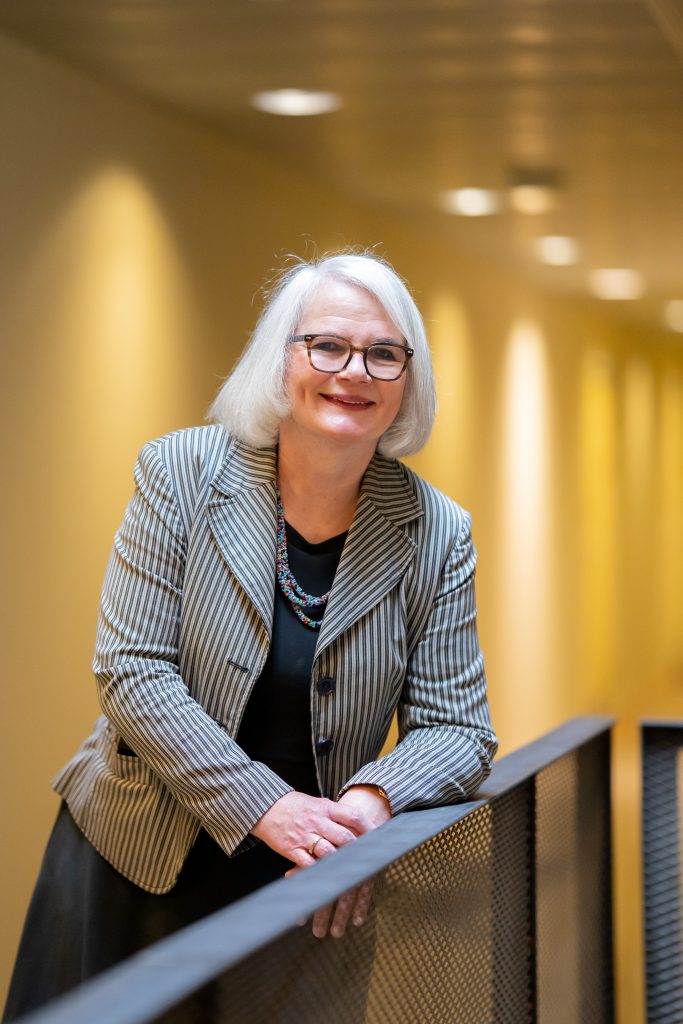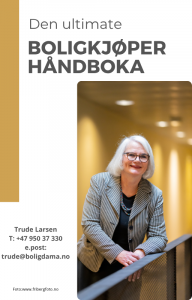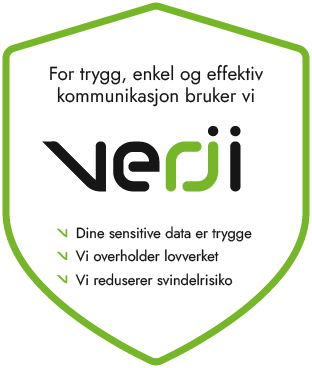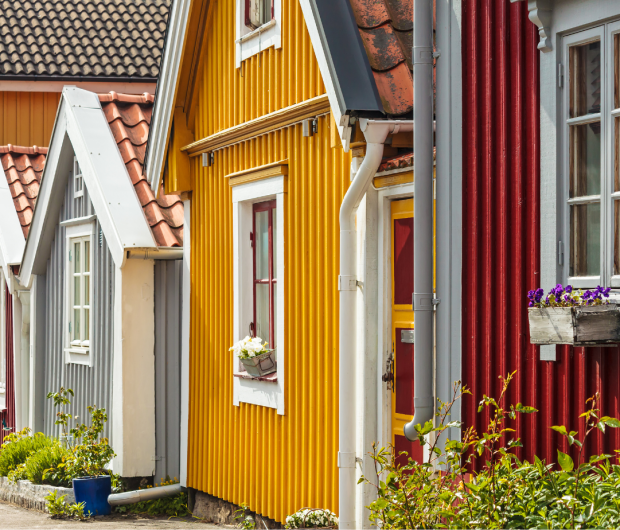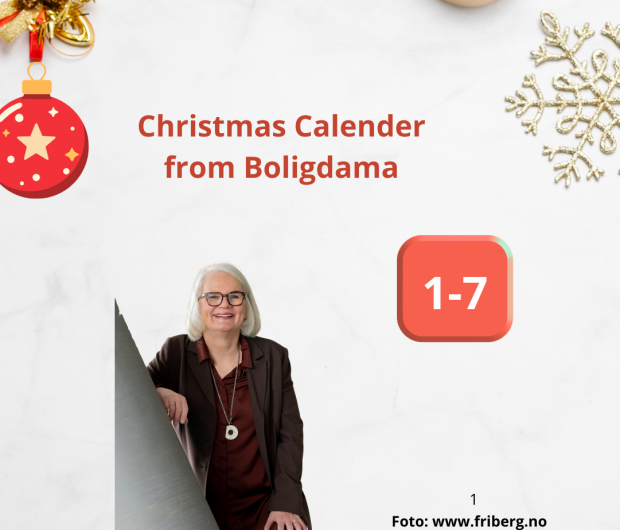Welcome to Week 2 and 3 of my Advent Homebuyer Calendar —
here are your helpful tips posted from 8. to 18. December!
8. December

Your First Home Purchase Is the Most Important One
Why do I say that?
Because your first home lays the foundation for your entire housing journey.
Most people want a larger home over time, or their needs change due to family or lifestyle.
If you buy a property with strong value growth potential, you position yourself better for your next purchase — with more equity and stronger financing options.
This isn’t about luck. It’s about making smart decisions from the start.
What Should You Consider When Buying Your First Home?
🔹 Think at Least 3 Years Ahead
To justify transaction costs and fees, you should plan to live in the home for a while.
Stability creates security — financially and personally.
🔹 Choose an Area with Good Public Transportation
Homes with easy access to public transport tend to retain value better over time and are more attractive to future buyers.
🔹 Don’t Be Blinded by “Move-In Ready”
First-time buyers often want everything new.
But a home with renovation or improvement potential can be the key to long-term value growth.
A little effort can deliver significant returns.
🔹 Central Is Good — But Not Everything
We’re seeing strong growth in areas just outside the most popular city centers, as prices downtown have become very high.
There are excellent alternatives beyond the core.
🔹 Buy Where You Can Truly Enjoy Living
Yes, it’s an investment — but first and foremost, it’s your first home.
It should feel right.
Smart Choices Early Give You More Freedom Later
Your first home doesn’t need to be perfect —
but it should be well thought out.
👉 Want more tips for a safer and smarter home purchase?
Follow along in our Christmas calendar for more insights!
9. December

The Purchase Contract – Important, but Not Where the Deal Is Made
Many buyers believe that the purchase contract is the moment when the home purchase “becomes official.”
The truth is that the legally binding agreement is formed the moment the seller accepts your offer.
At that point, all key terms are already set:
What Is the Role of the Purchase Contract?
The contract you sign afterward is primarily a formal confirmation of what has already been agreed upon, along with a clear description of the next steps in the process.
What You Still Need to Review Carefully
Although contracts are usually standardized, you must always double-check the details:
-
Names and personal information
-
Ownership share
-
Purchase price and transaction costs
-
Completion / handover date
-
Any additional terms or extras
👉 Important: Everything that has been agreed upon must be stated in writing.
No New Terms After Offer Acceptance
The seller cannot introduce new conditions in the contract after accepting your offer.
All reservations must be presented before you submit a bid.
Don’t Wait Until the Contract to “Check the Property”
By the time the purchase contract arrives, it is too late to make critical assessments.
Due diligence must be completed before bidding, including:
-
Reviewing the condition report
-
Asking questions to the real estate agent
-
Evaluating risk and future costs
I’ve often seen buyers send me the purchase contract for review — without realizing that the agreement was already legally binding at that stage.
The Contract Should Never Be a Surprise
The purchase contract should not introduce anything new.
It should simply confirm what you have already agreed to and outline how the agreement will be carried out.
Once signed, send a copy to your bank so your advisor knows when and where the funds must be transferred.

10. December
Planning to Make an Offer? Remember: The Completion Date Matters
When submitting an offer on a property, you must always specify your desired completion (handover) date.
Choosing the right date can actually be decisive in whether the seller selects your offer.
Ask the Agent What the Seller Prefers
Always ask the real estate agent about the seller’s preferred completion date.
If you can be flexible, you significantly strengthen your position — even though the highest bid usually wins.
You should never agree to a completion date that becomes impractical, costly, or stressful.
The completion date has financial consequences for both parties, including:
-
Temporary housing costs
-
Double housing expenses
-
Loan disbursement timing
Your flexibility should never come at the expense of your financial security.
Tip: Build Flexibility Into Your Planning
Plan your home purchase so you have some room to adjust when it comes to the completion date.
That flexibility can give you a strategic advantage — without compromising your own needs.
11. December

Don’t Fall into the Renovation Trap
You’ve received your mortgage pre-approval and know how far your borrowing limit goes.
Then the dream home appears — with major renovation needs — and in your head, the numbers seem to add up perfectly.
But Banks Don’t Always Calculate the Same Way You Do
Even if you can purchase the property within your approved loan limit, it does not automatically mean the bank will finance the renovation.
Many banks are willing to fund the purchase price, but they are reluctant to advance money based on a future value that only exists after renovation.
What This Can Mean for You
You may need to provide additional equity or cash to cover renovation costs — which many buyers simply don’t have available.
🎄 Today’s Tip
Before placing an offer on a property that requires renovation:
👉 Talk to your bank and clarify whether they will finance both the purchase and the renovation.
👉 Ask for clear and concrete limits, so you don’t end up owning a home you can’t afford to renovate.
12. December

Remember to Review the Housing Association and Neighbor Agreements
When you buy a home, you are also buying into a shared community.
Whether it’s a housing cooperative, condominium, or a semi-detached property, you should carefully review:
-
Bylaws and regulations
-
Financial health and budgets
-
Ongoing management and maintenance
-
Any existing neighbor or shared-use agreements
“It’s Always Worked Fine” Isn’t Always Enough
Arrangements that worked well between previous owners may not be sufficient when you step in as a new owner.
Clear agreements and sound management create safer ownership and help prevent unpleasant surprises down the line.
Why This Matters
Strong governance and transparent arrangements make a significant difference to both:
-
Day-to-day living
-
Long-term property value
This is something I always review thoroughly for my clients — because experience has shown just how important it can be.
13. December

Can You Trust the Real Estate Agent as a Buyer?
Many homebuyers feel uneasy when dealing with a real estate agent:
👉 Am I being treated fairly?
👉 Are “tactics” being used to push the price up?
The Short Answer: Yes — Generally, You Can Trust the Agent
Real estate agents are subject to strict laws, regulations, and oversight.
They are required to act in accordance with the law and established professional standards (“good brokerage practice”) and must show due care toward both parties, including you as the buyer.
Complaints Do Happen — But Context Matters
There are cases where agents receive complaints and, in some situations, are required to pay compensation if they have acted in breach of regulations.
However, it’s important to understand:
-
🔹 Feeling overlooked does not automatically mean the rules have been broken
-
🔹 The agent is hired and paid by the seller and is tasked with achieving the best possible price for the seller, which naturally creates a role imbalance
What to Do If You Experience Poor Treatment
Remember
Knowledge creates confidence — and a well-informed buyer is always in a stronger position when purchasing a home.
14. December

Check Shared Costs and Fixed Fees
Housing Costs Are More Than Just Mortgage Payments
When evaluating a property, it’s essential to look at ongoing living expenses, not just the purchase price.
For Apartments and Condominiums
Make sure you understand the monthly shared costs (common charges):
-
Check what is included (heating, hot water, internet, insurance, etc.)
-
Ask for an explanation if the level seems unusually high — the board or property manager should be able to document this
-
Compare with similar buildings in the area
-
Read the annual report and maintenance plan — planned projects can lead to increased costs
-
Consider both your personal finances and future resale value
For Single-Family Homes
Don’t forget about municipal fees, including:
-
Water and sewage
-
Waste collection
-
Property tax
These costs have increased significantly in recent years and can have a major impact on your monthly budget.
Bottom Line
Shared costs and fixed fees are a key part of total housing expenses.
Make sure you have a clear overview before placing an offer.
15. December

Shared Debt Is Part of the Total Purchase Price
What do I mean by that?
Many apartments — especially in housing cooperatives and housing companies, but also in some condominiums — have shared debt.
This is a collective loan taken out by the housing association and allocated to each unit.
Interest and principal payments are covered through the monthly common charges.
Important to Know
From the bank’s perspective, shared debt is a real debt obligation.
It is included when the bank assesses:
-
How much you can borrow
-
Your total debt level
This means it is deducted from your maximum loan capacity, just like a private mortgage.
What This Means for You as a Buyer
You must:
✔️ Include shared debt when calculating the total price
✔️ Factor it in when comparing price per square meter
High Shared Debt Isn’t Necessarily a Bad Thing
Many buyers are wary of high shared debt — but it doesn’t automatically mean higher risk.
What really matters is the total cost of living, not how the debt is structured.
👉 High shared debt often means:
If the housing association has secured favorable interest rates, the shared debt can actually be cheaper than your private home loan. In such cases, keeping the shared debt may be financially sensible.
The IN Scheme (Individual Repayment Option)
Many housing cooperatives offer an individual repayment option (IN scheme), allowing you to repay your share of the shared debt later if you choose.
The Bottom Line
Don’t be afraid of shared debt — understand it.
Informed buyers make better decisions and stronger investments.
16. December

Is the Home Buying Process Truly Independent?
As a buyer, you rely on being able to trust the information you receive.
But did you know that it is usually the real estate agent who selects the appraiser and orders the condition report — on behalf of the seller?
In Denmark, this is not allowed. There, the condition report must be ordered by the seller before a real estate agent is engaged.
Structural Links in the Housing Market
Many real estate brokerage firms are also owned by banks, which at the same time offer:
-
Mortgage financing
-
Insurance products
There are agreements in place where brokerage firms may receive kickbacks or commissions related to these services.
According to regulations, such arrangements must be disclosed.
Regulated — But Still Influential
Everything is governed by laws and regulations and is intended to function transparently and properly.
Still, the structure of the market can influence:
-
Which information is emphasized
-
How risk and opportunity are presented
-
How the housing market is described — including in the media, where the brokerage industry plays a significant role
A Heads-Up, Not a Warning
Much more could be said about these issues, but this is simply a heads-up.
The point is not to create distrust — but awareness.
An informed buyer who thinks independently makes better, safer decisions.
17. December

Is the Home Buying Process Truly Independent?
As a buyer, you rely on being able to trust the information you receive.
But did you know that it is usually the real estate agent who selects the appraiser and orders the condition report — on behalf of the seller?
In Denmark, this is not allowed. There, the condition report must be ordered by the seller before a real estate agent is engaged.
Structural Links in the Housing Market
Many real estate brokerage firms are also owned by banks, which at the same time offer:
-
Mortgage financing
-
Insurance products
There are agreements in place where brokerage firms may receive kickbacks or commissions related to these services.
According to regulations, such arrangements must be disclosed.
Regulated — But Still Influential
Everything is governed by laws and regulations and is intended to function transparently and properly.
Still, the structure of the market can influence:
-
Which information is emphasized
-
How risk and opportunity are presented
-
How the housing market is described — including in the media, where the brokerage industry plays a significant role
A Heads-Up, Not a Warning
Much more could be said about these issues, but this is simply a heads-up.
The point is not to create distrust — but awareness.
An informed buyer who thinks independently makes better, safer decisions.
18 December

Follow the Housing Market — But Who Is Actually Telling the Story?
In Norway, we follow the housing market closely.
That’s hardly surprising — most people have significant wealth tied up in their homes, and many depend on price growth to move forward in their housing journey.
But when we read headlines about “strong price growth” or “high market activity”, it’s worth asking one simple question:
Strong — for whom?
Who Shapes the Housing Market Narrative?
The most widely used housing price statistics in Norway come from Eiendom Norge, the interest organization representing the largest real estate brokerage firms.
The data itself is real and accurate — but the presentation is not neutral.
The language and framing are often more seller-friendly than buyer-friendly.
For example:
-
The term “buyer’s market” is rarely used
-
When activity slows, it’s often described as “certain segments cooling”
-
Focus quickly shifts to the properties that are still selling well
All of this helps maintain momentum and expectations in the market.
Why Forecasts Often Miss the Mark
At the same time, we see macroeconomic analyses and forecasts that frequently fall short — because the housing market is:
-
Local
-
Selective
-
Deeply human
General predictions struggle to capture this complexity.
Experience from the Market Beats Headlines
From my experience:
If you are actually active in the market and participate in a few bidding rounds, you quickly sense the real temperature.
That insight often provides more value than headlines and predictions.
A Final Reminder
Even in slower markets, attractive homes still sell at good prices.
Avoid drawing firm conclusions based on one or two unsuccessful attempts.
When I write about housing prices, I aim to do so from the buyer’s perspective — so you can make better, safer, and more informed decisions.
👉 Stay informed, stay critical — and feel free to share your own experiences in the comments.

